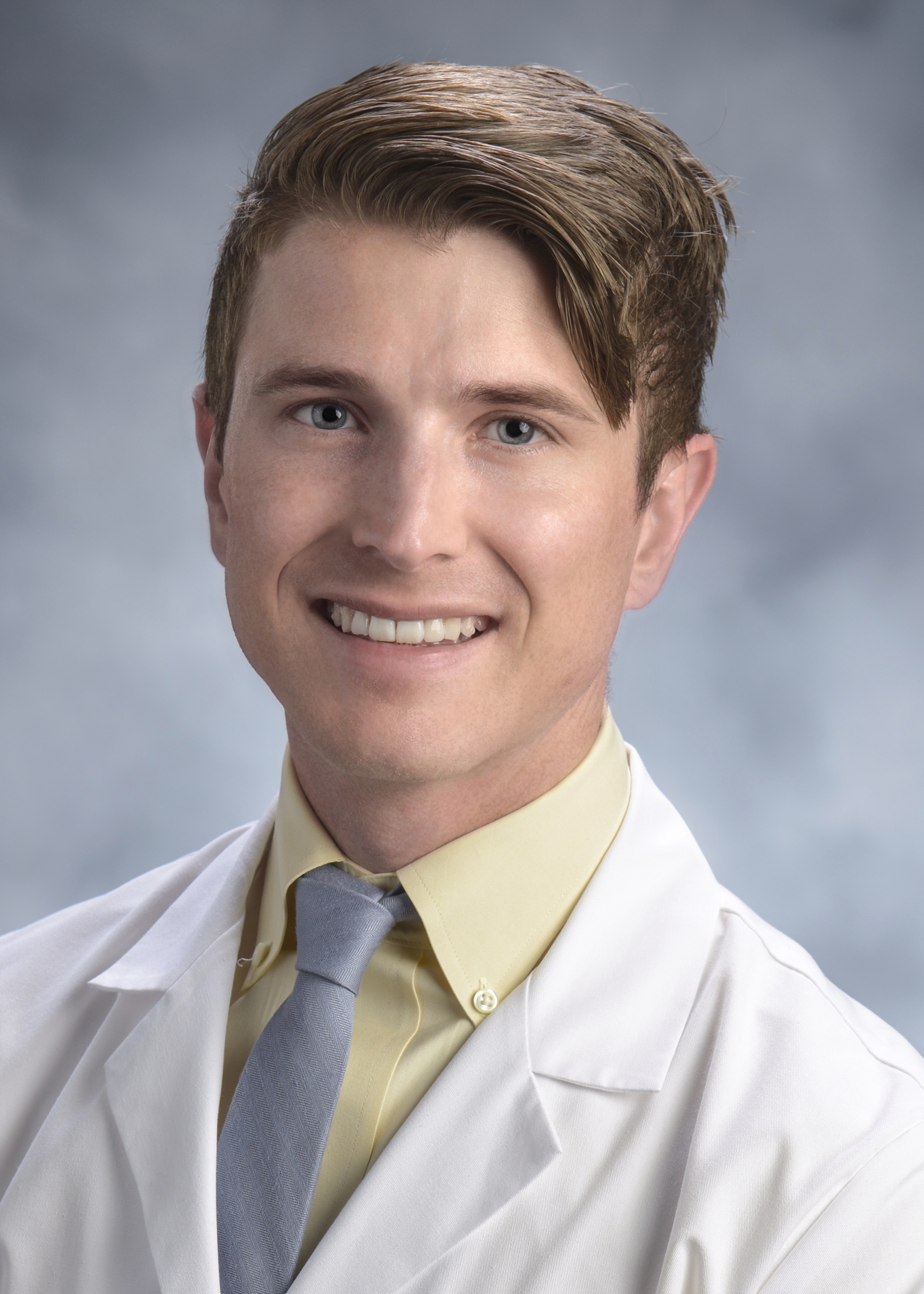
In Part 2, guest writer Dr Bryce Bowers has to move from losing a young patient under tragic circumstances onto another young patient… without a moment to breathe.
“Room 32. 12 year old, rule out appendicitis. Go see them, please.”
I walked into that next room to see the next patient, wondering if they too were on the verge of death.
Please, no. I couldn’t handle that right now.
And fortunately, they weren’t.
I began the interview as I had been trained. And as I gathered the information from this 12-year-old and his mom at the bedside, I wondered if they somehow knew that just 10 minutes ago, I hovered over a lifeless body, staring death in the face.
I finished my shift that night and walked out. I felt numb. I felt cold. There was no debrief for what had just happened. It was time to go home, try and sleep, and come back and return to work tomorrow, continuing on as if nothing happened.
If you are in medicine, or healthcare in general, you will have had a similar story.
I don’t recount this tale in order to display that I am unique, because I assuredly I am not. Part of our job and training is dealing with death day in and day out. It also carrying around extremely heavy emotional burdens from very sick patients, who are suffering from crippling diseases.
After that night in the ER, I wondered if I could continue on at that clip.
I’m writing today telling you I somehow managed to do just that.
I became extremely proficient at “shelving” my feelings around death and suffering. That is what we are trained to do.
As time went on, having patients dying in front of me, or hearing about how sick they were, burdened me less.
I was able to move from room to room, less encumbered by what I had just dealt with moments before.
At the end of the day, I would go home and live my life, hardly ever thinking about the gravity of situations I dealt with that day.
I became desensitized. I became numb. I became cold.
Essentially, I became a robot.
At the end of the day, I would go home and live my life, hardly ever thinking about the gravity of situations I dealt with that day. I became desensitized. I became numb. I became cold. Essentially, I became a robot.
People would ask me, “how do you do it?”.
“I just do”. I said. “That’s my job”.
But I don’t know if that was a truthful response. I think whether or not we like to admit it, under the surface the emotional toll of this job wears on us.
It slowly erodes at us, chipping away at the layers of our soul. It is not natural to be able to watch a human die in one room, then proceed to the next room like nothing happened.
And over time it manifests as cynicism, apathy, depression, anxiety, resentment and burnout. These are extremely heavy feelings that are never dealt with.
We are asked to pick up and move on despite encountering some of the most intense experiences that people will ever see.
We have to acknowledge this. We have to do a better job of normalizing that the intensity of the work we do affects us both consciously and subconsciously.
We have to be willing to check in with each other, daily.
We have to try and do a better job of debriefing after these traumatic situations.
We have to remember we are humans and we have a limit.
We must not push past that, lest we be too far gone.
And that is what is important about community.
Share with me here.
Reach out to me directly.
Reach out to peers.
That is also why there are communities like the one I just joined, Physicians Anonymous, to help you with these things. To help you with all things.
Because let me be frank with you: Our job is extremely difficult. It is heavy. It is burdensome, both on the job and when we leave. It hovers over you, dripping drops of emotional pain, whether you’re aware of it or not. I am trying to do my part to be more cognizant – more human. It is tough to regain that part of me.
But I am trying.
Let’s be more proactive about our trauma.
Let’s engage with others.
Let’s be vulnerable and honest so we can be the best version of ourselves for patients and loved ones.
It takes a village – I promise you, you can’t do it alone.
Heroes need help, too.
Physicians Anonymous offers a number of services for physicians in distress, burnout, mental illness and addiction. All medical students and physicians are welcome.
